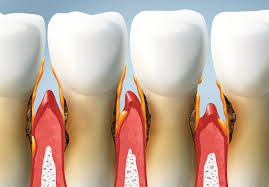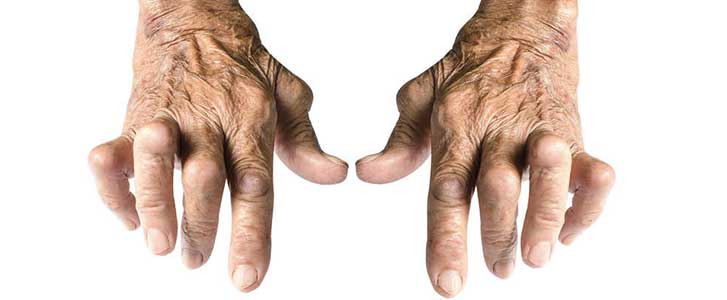Rheumatoid arthritis and periodontitis, apparently two very different pathologies, could be united by the same bacterium, responsible for the typical inflammations of both diseases.
Rheumatoid arthritis and periodontitis: links
The bacterium common to rheumatoid arthritis and periodontitis is at the heart of the study conducted by researchers from John Hopkins University and published in Science Translational Medicine. The bacterium, whose scientific name is Aggregatibacter actinomycetemcomitans, is the pathogenic element of serious gingivitis and could be the same bacterium underlying rheumatoid arthritis, a disabling disease that affects the joints.
What has been highlighted by the scientific study is that some patients who are affected by rheumatoid arthritis are also affected by chronic inflammation of the periodontium, the set of tissues that keeps the tooth anchored to the alveolar bone. This severe form of inflammation is called periodontitis.
Research conducted
 The frequent number of clinical cases in which rheumatoid arthritis and periodontitis coexist had already alerted the scientific community, starting from the last century. The correlation between the two pathologies, therefore, already seemed evident, many of the studies had in fact concentrated on another type of bacterium, the Porphyromonas gingivalis, but without obtaining convincing results.
The frequent number of clinical cases in which rheumatoid arthritis and periodontitis coexist had already alerted the scientific community, starting from the last century. The correlation between the two pathologies, therefore, already seemed evident, many of the studies had in fact concentrated on another type of bacterium, the Porphyromonas gingivalis, but without obtaining convincing results.
The dr. Felipe Andrade, head of the team of researchers at John Hopkins University, has instead shifted the focus to the excess production of proteins, called citrullinates, a process that characterizes the body affected by rheumatoid arthritis. Citrulline is an atypical amino acid. The citrullination process, which involves the replacement of arginine with citrulline, is a process by which cells regulate the function of proteins. In rheumatoid arthritis patients this process is unbalanced and overproduction of citrulline occurs. To combat the phenomenon of hyper-trullination, the body produces antibodies to break down excess proteins, perceived as foreign bodies. This triggers the typical inflammatory reaction that causes rheumatoid arthritis.
The pathogen responsible for the excessive production of citrulline seems to be Aggregatibacter actinomycetemcomitans, not only, this same phenomenon also occurs in patients with periodontitis.
Rheumatoid arthritis and periodontitis: what happens to the body
However, research showed that only in half of the 192 patients tested were antibodies produced to defend themselves against Aggregatibacter actinomycetemcomitans, this would support the hypothesis that other bacteria could be at the origin of an abnormal citrullination process.
Being able to give evidence of which bacterium is responsible for the state of inflammation typical of rheumatoid arthritis and periodontitis is useful in identifying a specific antibiotic therapy that contrasts both pathologies.
A patient suffering from periodontitis, even if he may experience tooth loss, always has the alternative of implantology to be able to replace them; in the presence of arthritis, on the other hand, the patient faces a degenerative situation that could preclude most of the motor activities. Finding a treatment that can preserve natural teeth and at the same time the joints would be a significant advantage.
















